-
About
-
Our Brand
-
Products
-
Community
Community
Projects
Projects
AISI 4140(SCM440, DIN 42CrMo4) seamless pipes
- Writer
- STEELTOPIA
- Date
- 23-09-11
seamless pipes made of AISI 4140(SCM440, DIN 42CrMo4) material
Upon the customer's request, we have produced the precision-drawn product with a tolerance range of ±0.1mm using the cold drawing method.
Products produced using the cold drawing method have a shiny surface and a high material hardness, which may result in reduced machinability.
When ordering and producing seamless pipes, various factors need to be taken into consideration.
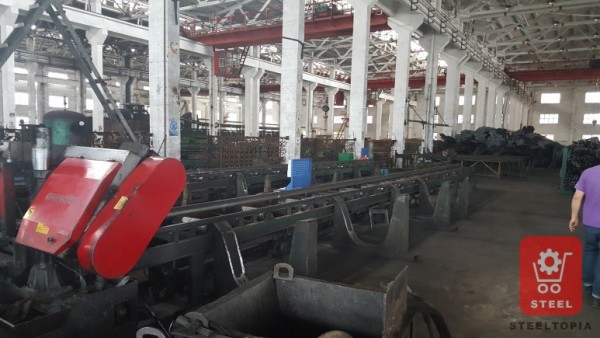
When ordering pipes, it is essential to consider several factors. First, you need to choose the material based on the intended use of the pipes.
Then, taking into account factors such as the pipe processing characteristics, pipe shape (whether it's round or irregular), and thickness, you should place an order for pipe production using the appropriate manufacturing method (such as hot rolling or cold drawing).
However, in many cases, these considerations are overlooked by companies. As a result, issues like reduced machinability and mold damage can occur during the processing stage after production. This often necessitates additional post-processing, leading to increased production costs and higher overall expenses.
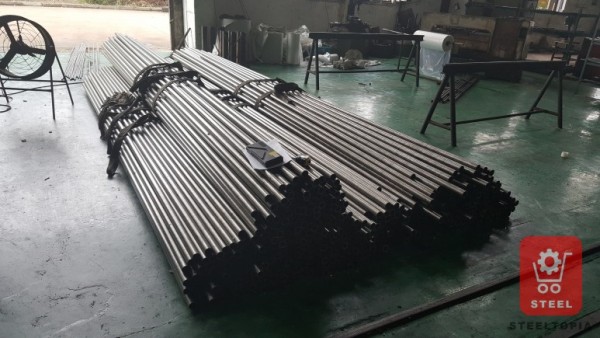
At Steeltopia, when we receive orders, we consider the product's intended use, processing stages, and finishing heat treatment together to address these issues.
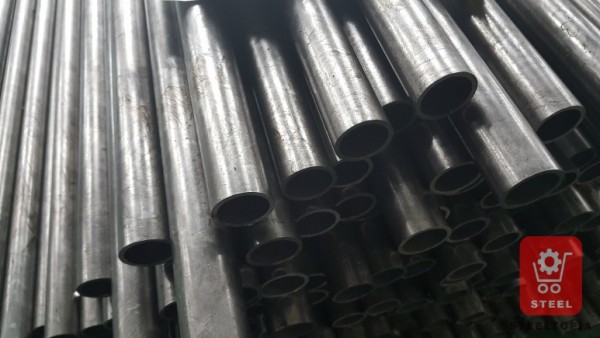
The above picture shows the characteristic shine associated with cold drawing, as mentioned earlier.
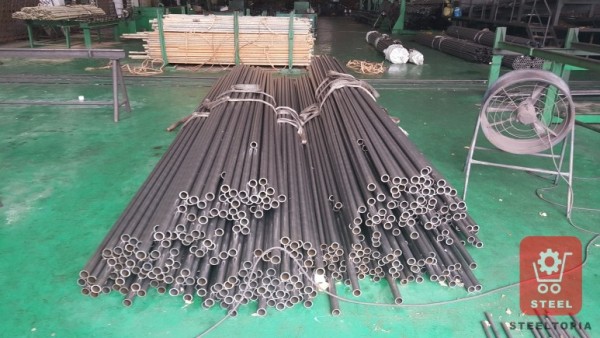
In general, you may have seen pipes (steel tubes) produced with a length of 6 meters. However, in actual factories, they are often produced in lengths ranging from approximately 5.8 to 6.2 meters.
If you plan to cut and process the pipes to shorter lengths, it can be more cost-effective to order pipes at random lengths rather than specifying a fixed 6-meter length. The picture above represents a product produced at random lengths, which can indeed contribute to cost savings.
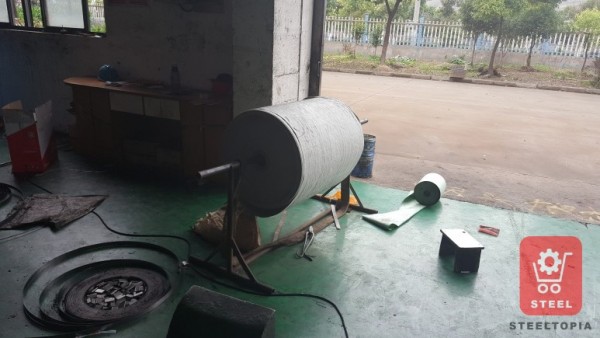
If the buyer prioritizes cost savings above all else, we also recommend omitting the packaging shown above and importing the product using regular bundling alone.
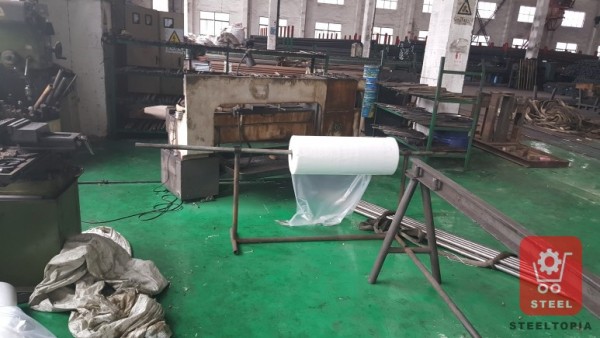
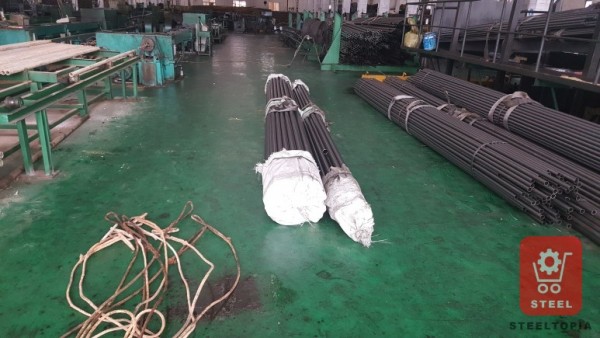
This is a picture of the completed packaging. As explained in the previous steps, there are many ways to reduce the cost of raw material procurement.
While increasing productivity through tasks like factory automation can enhance competitiveness, we believe that minimizing the cost of raw material procurement is even more crucial.


 HOME
HOME